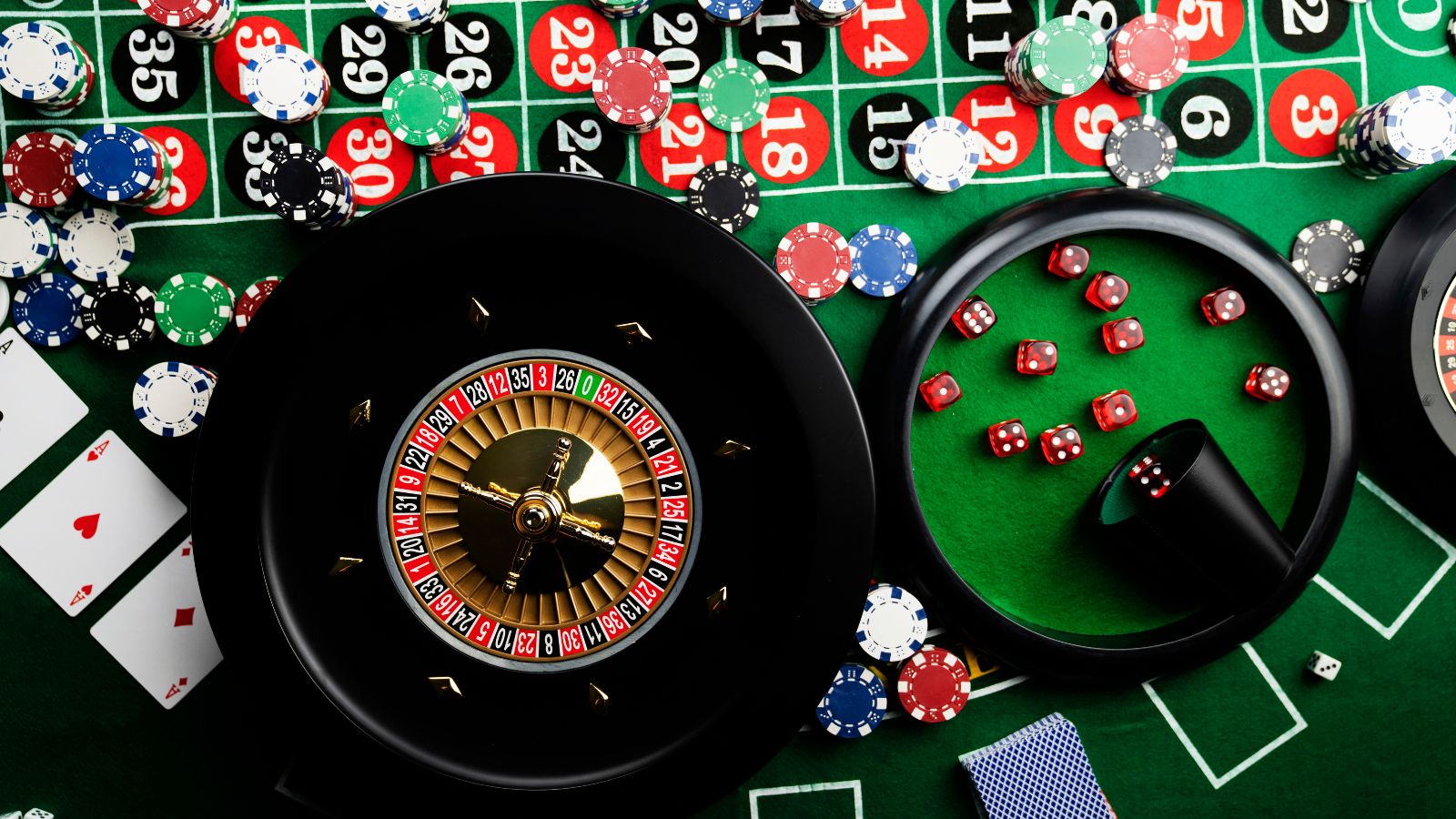Walk into any casino, and you’ll notice what’s missing before what’s present: no clocks, no windows, and no clear markers of time. This timeless design isn’t accidental—it’s a carefully engineered feature meant to create detachment from the outside world. When someone places a bet , they’re entering not just a game, but an altered sense of time and space.
In those first few moments, a bet can feel like an entry point to another reality. The structured routines of daily life melt away under the neon glow. Without time cues, players become more immersed, more focused on the immediate moment, and more likely to stay longer than intended. This suspension of time affects behavior. People rely on environmental signals—sunlight, mealtimes, clocks—to regulate actions. Casinos remove these cues, making it easier to lose track of hours. Bright artificial lighting and continuous operation mimic daylight, while complimentary drinks and upbeat music help maintain energy levels. Even the pace of games contributes. Fast cycles—like slot machines that resolve in seconds—create a high-frequency rhythm that blurs time. Players experience a series of quick decisions and results, each offering micro-rewards that keep them in the loop. Unlike slow-paced board games or even poker, most casino games are designed to maximize tempo.

Beyond design, psychology plays a role. The brain’s internal clock is influenced by attention and emotion. Intense focus, combined with anticipation and reward, causes subjective time to compress. This is similar to the feeling of hours flying by during an exciting movie or event. Casinos maintain this engagement through constant novelty and the hope of reward. Interestingly, when players do take breaks, they often struggle to estimate how long they’ve been playing. This distortion can lead to extended sessions and, for some, unplanned spending. It’s a compelling demonstration of how environment shapes behavior, not through coercion, but through perception. The sense of timelessness in a casino isn’t about deception—it’s about immersion. It allows players to feel fully present in the moment, unanchored by outside pressures. And while this can be exhilarating, it also requires self-awareness. Knowing how the environment affects our perception is the first step toward making more mindful choices within it.

